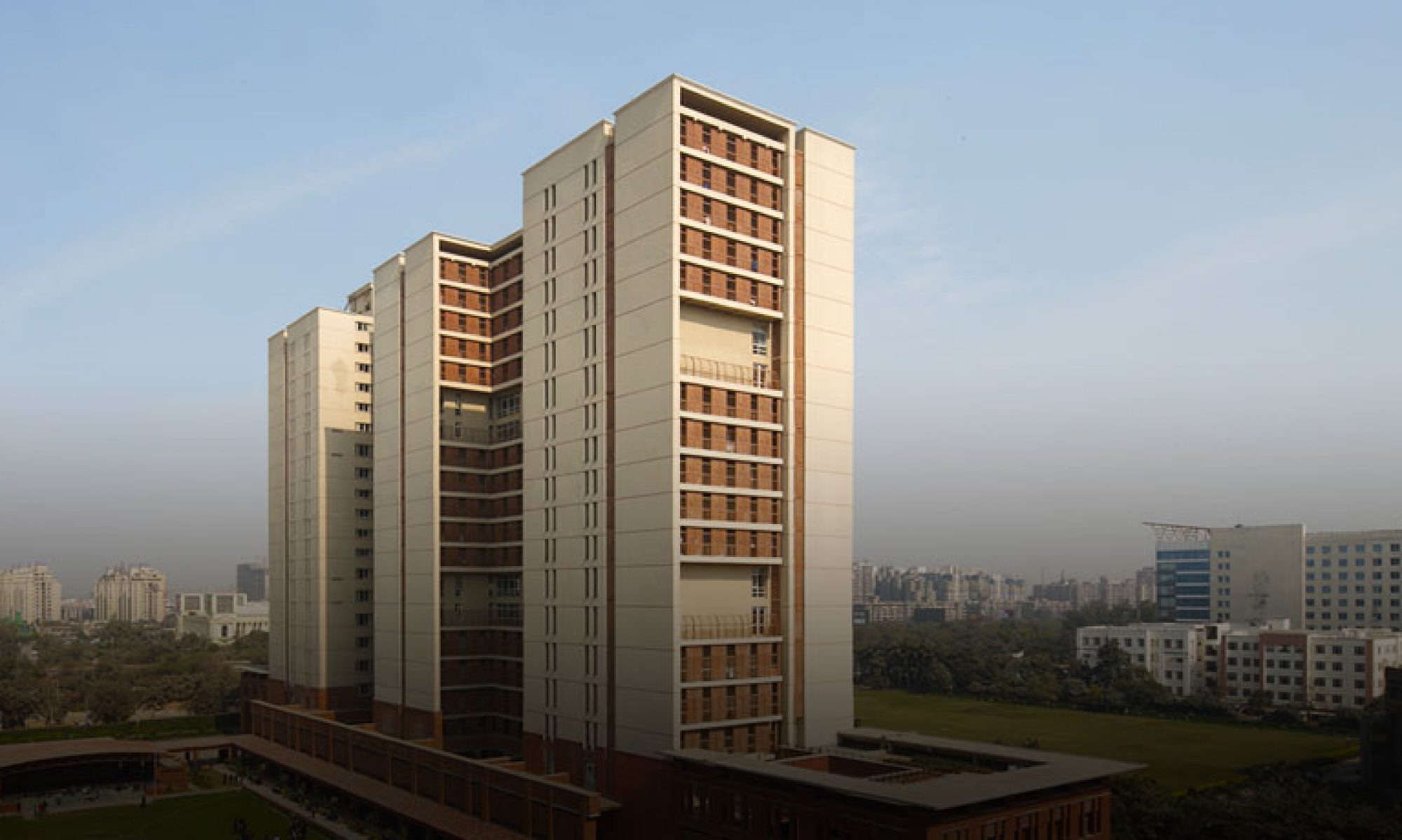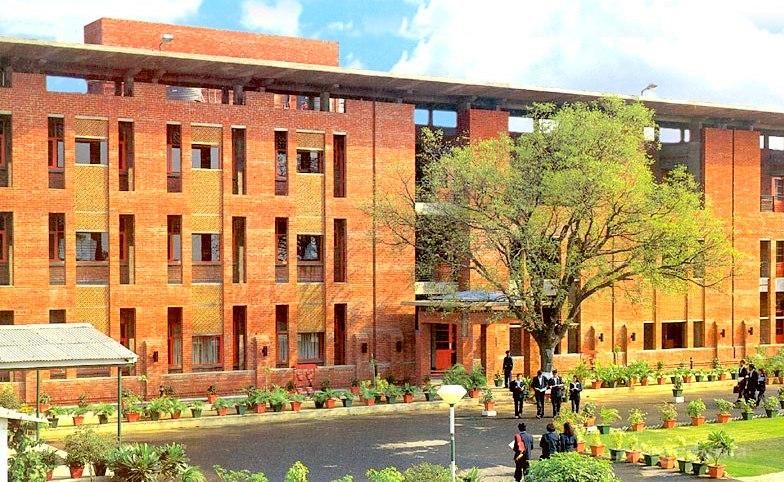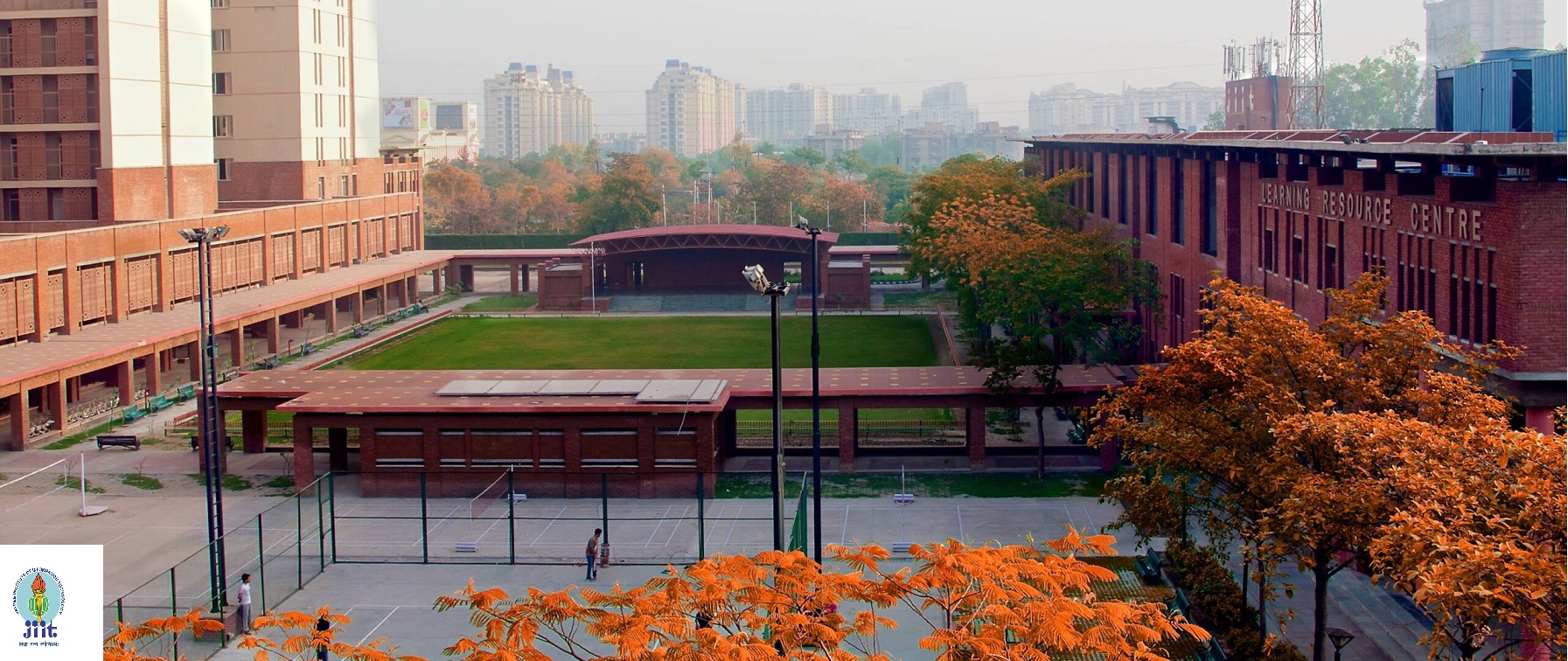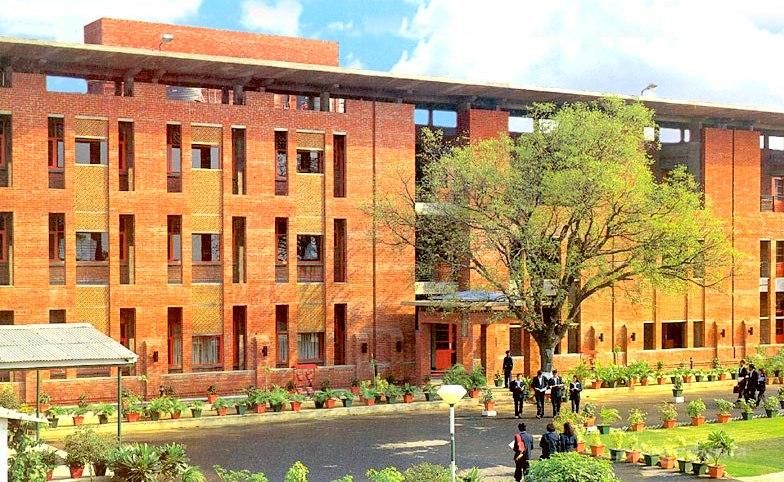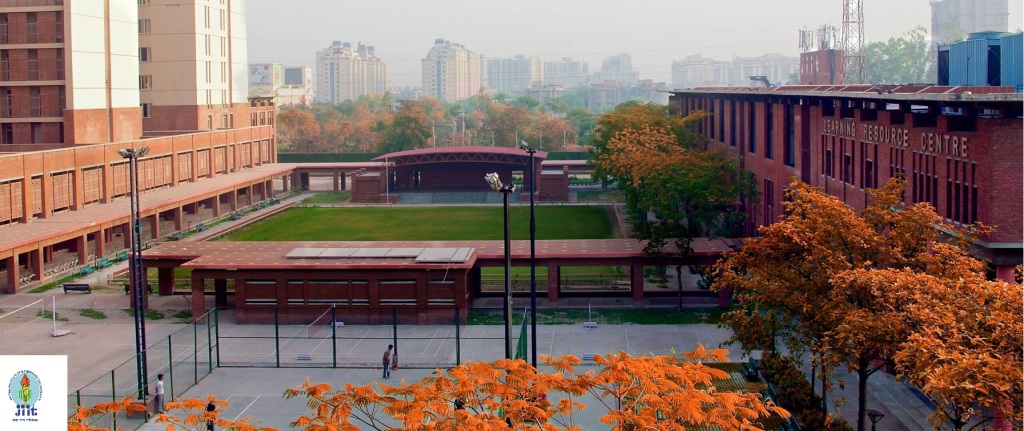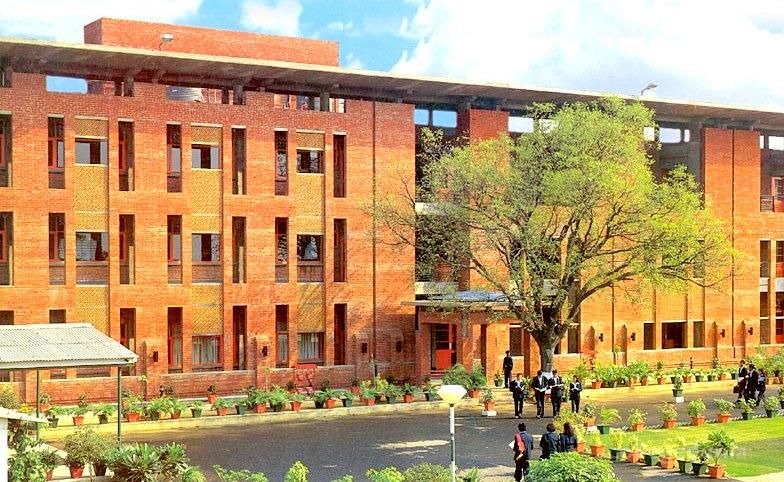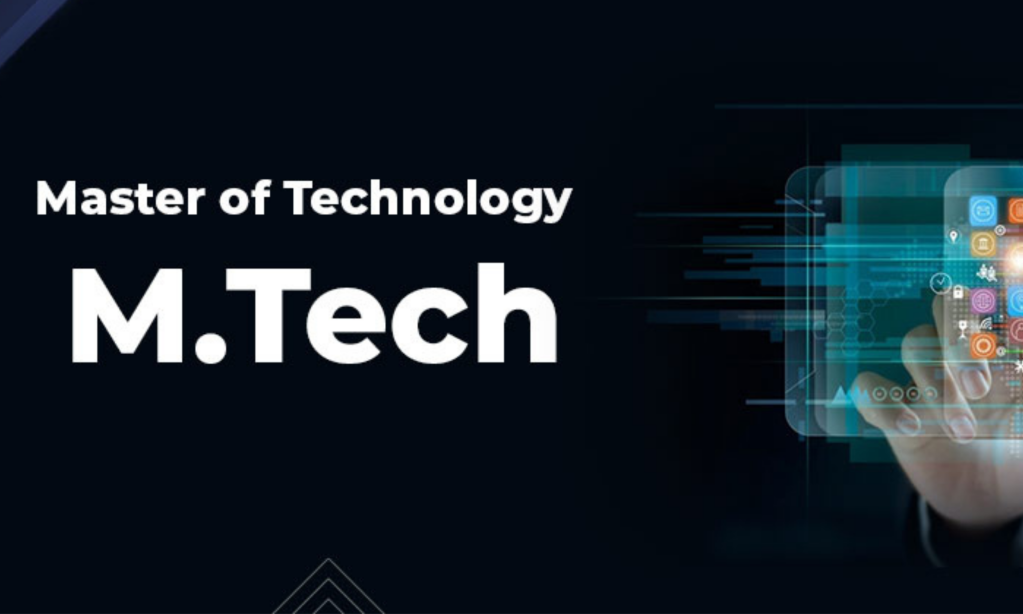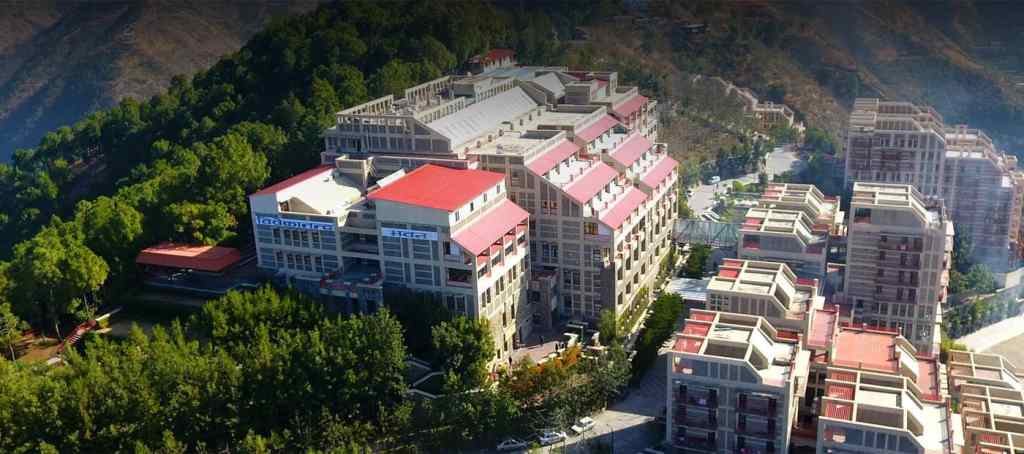Pursuing a Master’s in Physics (MSc Physics) is an exciting and intellectually rewarding journey. With its rich academic heritage, India offers numerous opportunities for aspiring physicists. However, choosing the right college for your MSc in Physics in India can be daunting. To make this decision easier, we’ve compiled a comprehensive guide on how to find the best college for MSc Physics in India.

Before you begin your search, take a moment to reflect on your academic and career goals. What are your specific interests within the field of physics? Do you have a preference for theoretical or experimental physics? Identifying your objectives will help you narrow down your options and find a college that aligns with your aspirations.
India is home to many reputed colleges and universities offering MSc Physics programs. Start your search by creating a list of the best Colleges for MSc Physics in India. Consider factors such as location, reputation, faculty expertise, and research opportunities. Jaypee Institute of Information Technology (JIIT), Noida is one of the premier institutes for B Tech Computer Science and B Tech electronics and communication engineering.
The expertise and research interests of the faculty can greatly impact your learning experience. Look for colleges with experienced and renowned faculty members in your area of interest. Their guidance and mentorship can be invaluable during your MSc Physics journey.
Examine the curriculum of each college on your list. A diverse curriculum can enhance your learning experience and allow you to explore different facets of physics. Physics often involves hands-on experimentation and research. Investigate the laboratories and research facilities available at each college. State-of-the-art equipment and well-equipped labs can enhance your practical skills and research capabilities.
Many colleges offer merit-based scholarships to talented students. Reach out to current students and alumni of the colleges you’re interested in. They can provide valuable insights into the academic environment, faculty support, and overall student experience. Their perspectives can help you make an informed decision.
If feasible, visit the campuses of the colleges you’re considering. Campus visits allow you to get a feel for the environment, interact with faculty and students, and assess the facilities first-hand. It’s a great way to gauge whether you’ll be comfortable and inspired in that setting. Beyond academics, consider the extracurricular activities offered by each college.
Look into the placement records of the colleges. Do they have strong industry connections and a history of successful placements for MSc Physics graduates? The career prospects and opportunities available after graduation are crucial factors to consider. Don’t hesitate to seek advice from your current professors, academic advisors, or mentors. They can provide valuable guidance and recommend colleges that align with your academic and career goals.
Lastly, trust your instincts. After thorough research and consideration of all factors, go with the college that feels like the best fit for you. Your enthusiasm and comfort with the institution will play a significant role in your academic success.
In conclusion, finding the Best Colleges for MSc Physics in India requires careful research and consideration. Take the time to evaluate your goals, research institutions, and connect with current students and alumni. By following these steps, you’ll be well on your way to choosing the college that will shape your future as a physicist and offer you the best opportunities for academic and personal growth.
Remember that your MSc Physics journey is not just about the destination but also about the experiences and knowledge you gain along the way. Choose wisely, and your path to becoming a physicist in India will be an exciting and fulfilling one.
